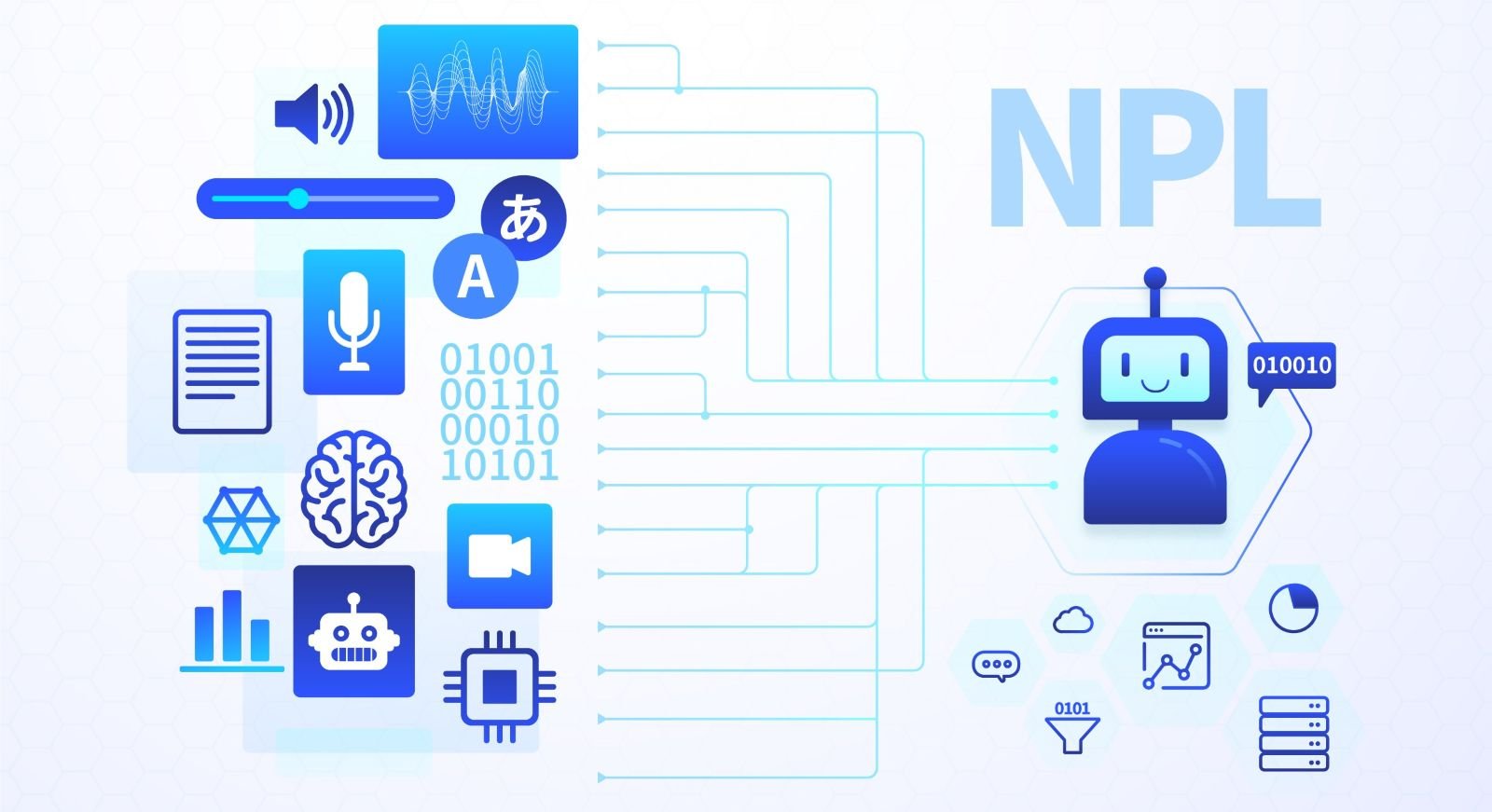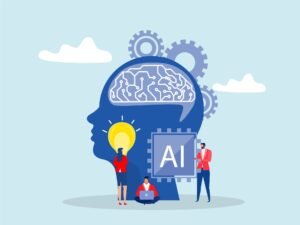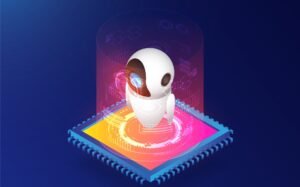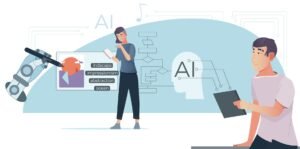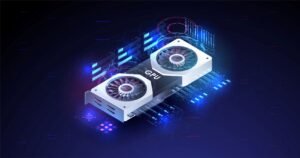In the rapidly evolving world of technology, artificial intelligence (AI) is no longer confined to data centers or advanced research labs. Thanks to AI accelerators in PCs, this transformative technology is now an integral part of everyday computing.
Imagine a world where your computer not only processes data but understands it. Your PC can recognize your voice, translate a foreign language in real-time, or enhance your gaming graphics to stunningly realistic levels. This isn’t science fiction – it’s the power of AI accelerators. These specialized processors are bringing the magic of artificial intelligence into everyday computing, transforming how we interact with technology.
But what exactly are AI accelerators, and why should you care? Let’s delve into how these tiny chips are changing the future of PCs, from the tasks they perform to their real-world applications and beyond.
On This Page
Table of Contents
What Are AI Accelerators?
AI accelerators are specialized hardware components designed to enhance the performance of artificial intelligence tasks. Unlike traditional CPUs, which are general-purpose processors, AI accelerators are built to handle the heavy computational demands of AI algorithms efficiently.
Types of AI Accelerators
| Type | Description | Examples |
|---|---|---|
| GPUs | Graphics Processing Units, great for parallel processing. | NVIDIA, AMD Radeon |
| TPUs | Tensor Processing Units, designed specifically for machine learning tasks. | Google’s TensorFlow TPU |
| NPUs | Neural Processing Units, optimized for deep learning applications. | Apple Neural Engine, Huawei Ascend |
| FPGAs | Field Programmable Gate Arrays, customizable for specific AI workloads. | Intel Stratix, Xilinx |
| ASICs | Application-Specific Integrated Circuits, tailored for AI computations. | Google’s Edge TPU |
These accelerators are essential for processing AI workloads like deep learning, natural language processing, and computer vision efficiently.
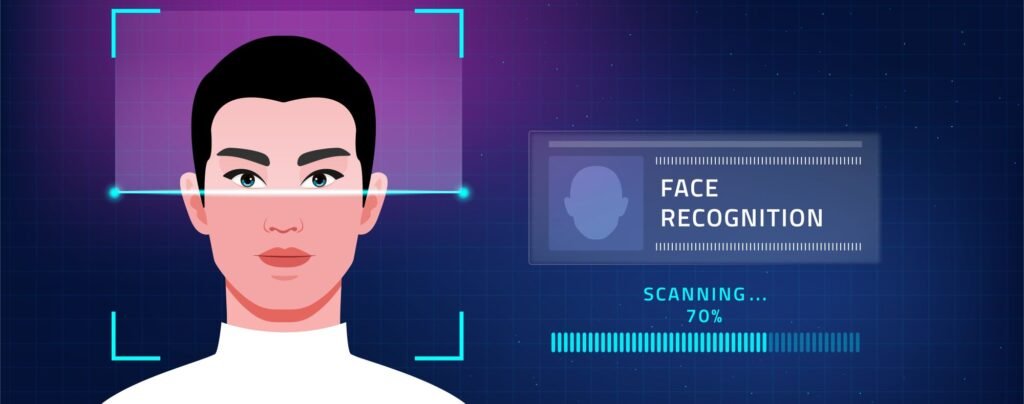
How Do AI Accelerators Work?
At their core, AI accelerators handle computations that traditional CPUs struggle with, such as:
- Matrix Multiplications: Crucial for training machine learning models.
- Parallel Processing: Simultaneously handling multiple data streams.
- Optimized Algorithms: Using specialized hardware for AI operations like convolutional neural networks.
To illustrate, consider image recognition, a common task for AI accelerators. When you upload a photo to an app, AI accelerators process it by identifying patterns, colors, and shapes, allowing the app to quickly tag objects, enhance image quality, or apply filters. These tasks involve billions of calculations, which are executed in parallel by AI accelerators, making them much faster and more efficient than traditional CPUs.
To illustrate, consider image recognition, a common task for AI accelerators. When you upload a photo to an app, AI accelerators process it by identifying patterns, colors, and shapes, allowing the app to quickly tag objects, enhance image quality, or apply filters. These tasks involve billions of calculations, which are executed in parallel by AI accelerators, making them much faster and more efficient than traditional CPUs.
Difference Between CPUs and AI Accelerators
| Feature | CPU | AI Accelerator |
|---|---|---|
| General vs. Specific | General-purpose tasks | Optimized for AI-specific tasks |
| Processing Speed | Moderate for AI workloads | Extremely fast for AI applications |
| Power Efficiency | Consumes more power for AI tasks | Highly energy-efficient |
Key Benefits of AI Accelerators in PCs
AI accelerators provide several advantages that make them essential in modern computing:
- Enhanced Performance: Speeds up AI-driven applications like image recognition and predictive analytics.
- Energy Efficiency: Processes AI tasks with lower power consumption.
- Real-Time Processing: Enables applications like live video enhancement and speech recognition.

Applications of AI Accelerators in Everyday PCs
AI accelerators are revolutionizing how we use personal computers. Here are some real-world applications:
- AI-Driven Software Features:
- Photo Editing: Auto-enhancement and style transfer, as seen in tools like Adobe Photoshop, which leverages AI to improve image quality and apply artistic effects in seconds.
- Speech Recognition: Virtual assistants like Siri and Cortana use AI accelerators to process voice commands quickly and accurately.
- Real-Time Translation: Apps like Google Translate enable instant communication across languages, useful during travel or international business meetings.
- Gaming Enhancements:
- Realistic Graphics with Ray Tracing: AI accelerators make gaming worlds more immersive by simulating realistic light and shadow effects.
- AI-Powered Upscaling: Tools like NVIDIA DLSS use AI to render lower-resolution graphics in higher detail, enhancing visuals while maintaining smooth gameplay.
- Productivity and Automation:
- AI-Assisted Coding: Platforms like GitHub Copilot use AI to suggest and generate code snippets, reducing development time for programmers.
- Data Analysis: Excel and similar tools integrate AI accelerators for processing large datasets, offering instant insights and predictions.
- Healthcare Applications:
- Medical Imaging: AI-powered PCs analyze X-rays and MRIs, helping doctors diagnose conditions more efficiently.
- Telemedicine: AI accelerators enable real-time consultations with language processing and video optimization features.
- Creative Industries:
- Video Editing: Software like Final Cut Pro uses AI to identify scenes, auto-correct color, and stabilize footage effortlessly.
- Music Composition: Tools like AIVA employ AI to create personalized soundtracks for films or video games.
The Role of AI Accelerators in Emerging Technologies
AI accelerators are driving advancements in emerging fields, including:
- Edge Computing: Performing AI tasks locally on devices for faster responses.
- IoT Integration: Enhancing smart devices like cameras and speakers.
- Virtual and Augmented Reality: Powering immersive experiences for gaming and training simulations.
Major Players in the AI Accelerator Space
Several tech giants are leading the charge in AI accelerator development, each bringing unique innovations to the table:
- NVIDIA: Renowned for its high-performance GPUs like the RTX series, NVIDIA stands out for its real-time ray tracing capabilities and AI-powered tools like DLSS (Deep Learning Super Sampling).
- Google: A pioneer with its TPUs (Tensor Processing Units), Google focuses on accelerating machine learning tasks, particularly for TensorFlow applications in cloud computing and large-scale AI projects.
- Apple: Setting itself apart by integrating Neural Processing Units (NPUs) into its ecosystem, Apple delivers seamless AI performance in devices like iPhones and Macs, optimizing features like Face ID and computational photography.
- Intel: Known for its versatile FPGAs and AI chips, Intel excels in adaptability, allowing users to customize accelerators for specific workloads across industries.
- AMD: Competes with NVIDIA by delivering powerful GPUs optimized for gaming and professional applications, emphasizing energy efficiency and affordability.
Challenges and Limitations of AI Accelerators
While AI accelerators offer many benefits, they come with challenges:
- Cost: High-end accelerators can be expensive.
- Compatibility: Not all software is optimized for these processors.
- Power Consumption: Balancing performance with energy use in high-demand scenarios.
Why AI Accelerators Matter for the Future of PCs
The future of computing is AI-driven, and accelerators are at the heart of this transformation. They enable:
- Seamless AI-Powered Applications: From virtual meetings to advanced creative tools.
- Next-Generation Operating Systems: Optimized for AI workloads.
- Innovative PC Designs: Tailored for high-performance AI tasks.
WrapUP
AI accelerators are no longer just a niche technology; they are rapidly becoming a cornerstone of modern PCs. By enhancing performance, enabling real-time processing, and driving innovation, these specialized processors are reshaping the way we interact with technology. As AI becomes increasingly integrated into our lives, understanding and leveraging the power of AI accelerators will be key to staying ahead in the tech-driven world.
So, the next time you boot up your PC and experience a smarter, faster, and more intuitive interface, remember the unsung heroes: AI accelerators, quietly powering the revolution from within.
FAQs
What is an AI accelerator?
An AI accelerator is a specialized chip designed to make AI-related tasks, like voice recognition or image processing, faster and more efficient.
How are AI accelerators different from CPUs?
While CPUs handle a wide range of tasks, AI accelerators focus specifically on AI computations, making them faster and more energy-efficient for these tasks.
Can I add an AI accelerator to my PC?
Yes, some AI accelerators, like GPUs or external devices, can be added to your PC if it supports them.
What kind of tasks benefit from AI accelerators?
Tasks like image recognition, speech-to-text, real-time video processing, and predictive analytics benefit greatly from AI accelerators.
Are AI accelerators only for high-end PCs?
No, AI accelerators are also available in mid-range devices and smartphones, bringing AI benefits to a wide range of users.
Can AI accelerators save energy?
Yes, they are more energy-efficient for AI-specific tasks compared to traditional processors, making them eco-friendly in the long run.
Do AI accelerators require special software?
Some software is specifically optimized for AI accelerators, but many modern applications work seamlessly with them without extra configuration.
What is an example of AI accelerators in action?
A common example is using Google Translate for real-time language translation, powered by AI accelerators.
Will AI accelerators replace CPUs?
No, AI accelerators complement CPUs by handling AI tasks, while CPUs continue to manage general computing tasks.
What’s the future of AI accelerators in PCs?
AI accelerators will become more common in PCs, powering smarter applications, faster processing, and innovations like virtual reality and autonomous systems.
Can AI accelerators improve non-AI applications?
While AI accelerators are optimized for artificial intelligence tasks, their ability to handle parallel processing and large-scale computations can sometimes benefit non-AI applications, such as video rendering, data compression, and complex scientific simulations.
What industries benefit the most from AI accelerators?
AI accelerators have transformative applications in industries like healthcare (e.g., medical imaging), automotive (e.g., autonomous driving), finance (e.g., fraud detection), and media production (e.g., video editing). These sectors rely heavily on rapid data processing and intelligent decision-making.

